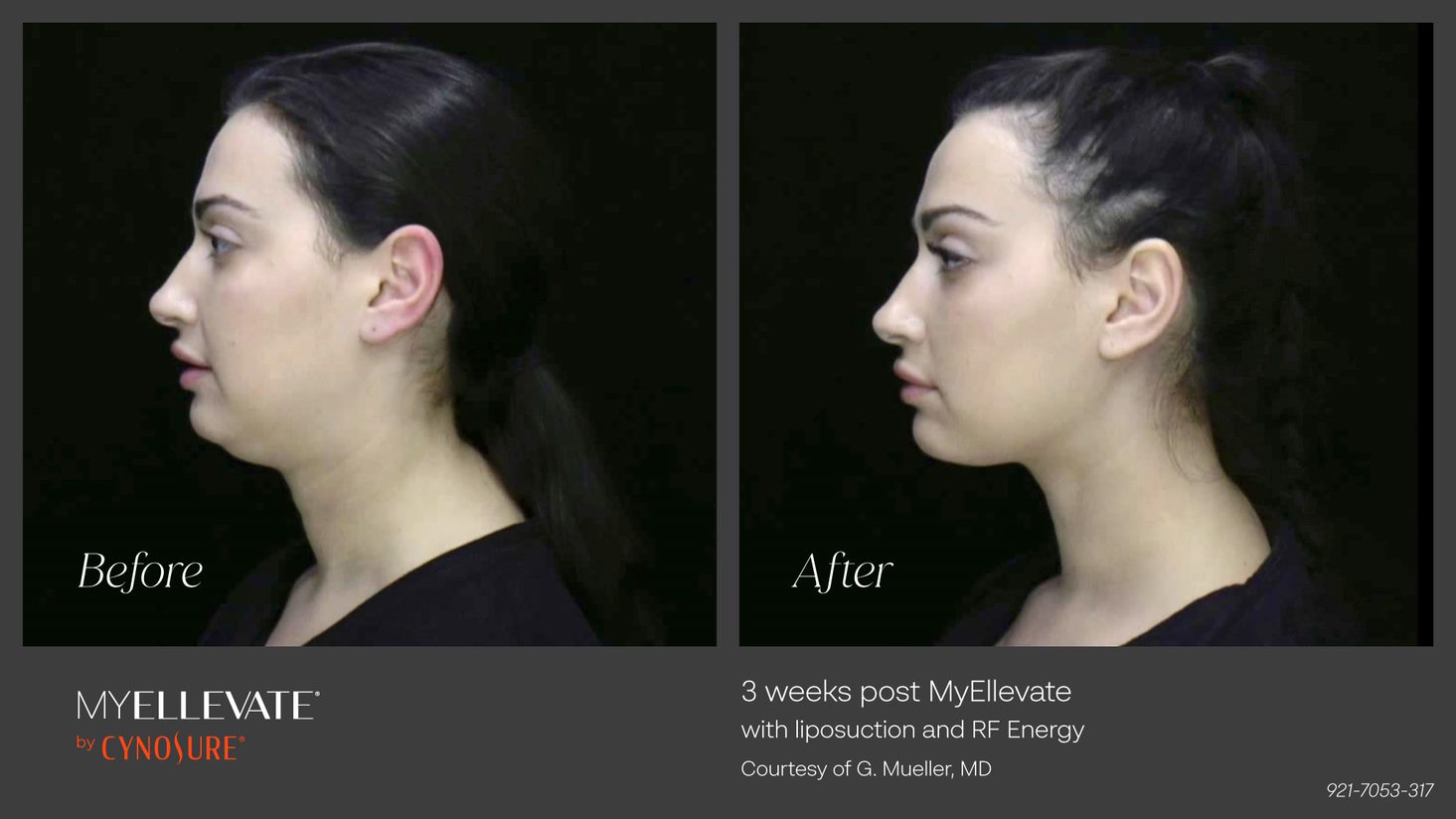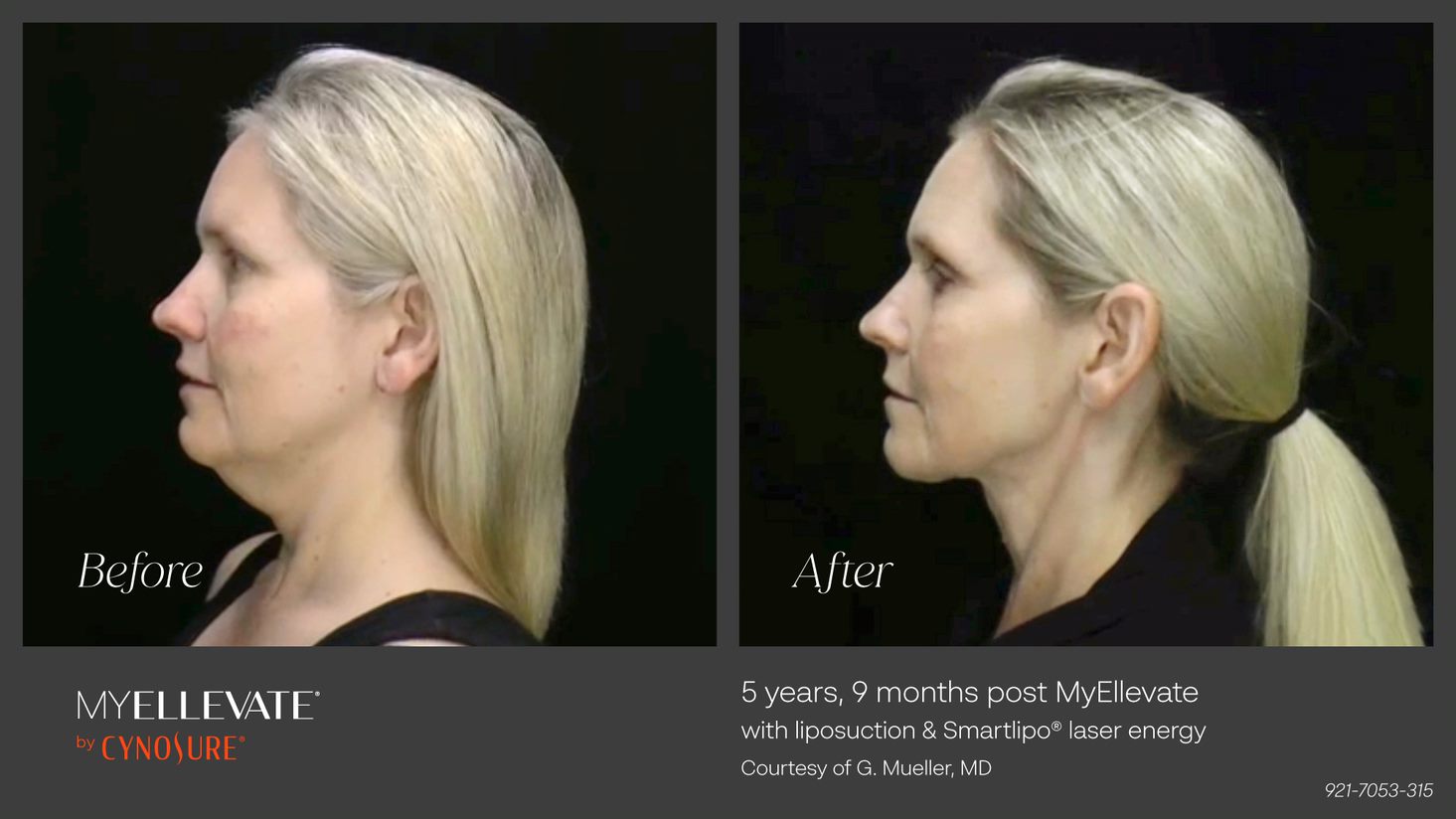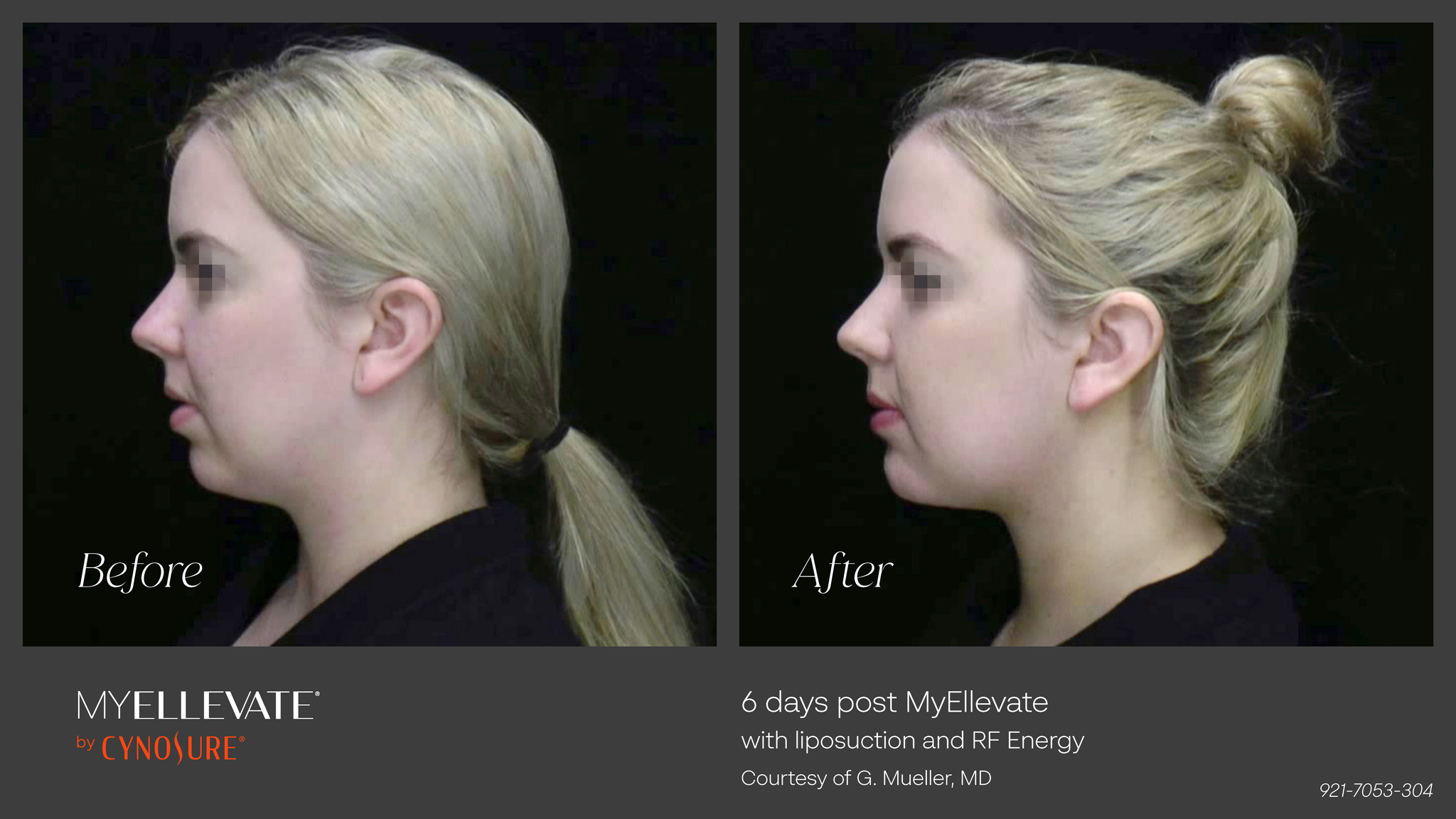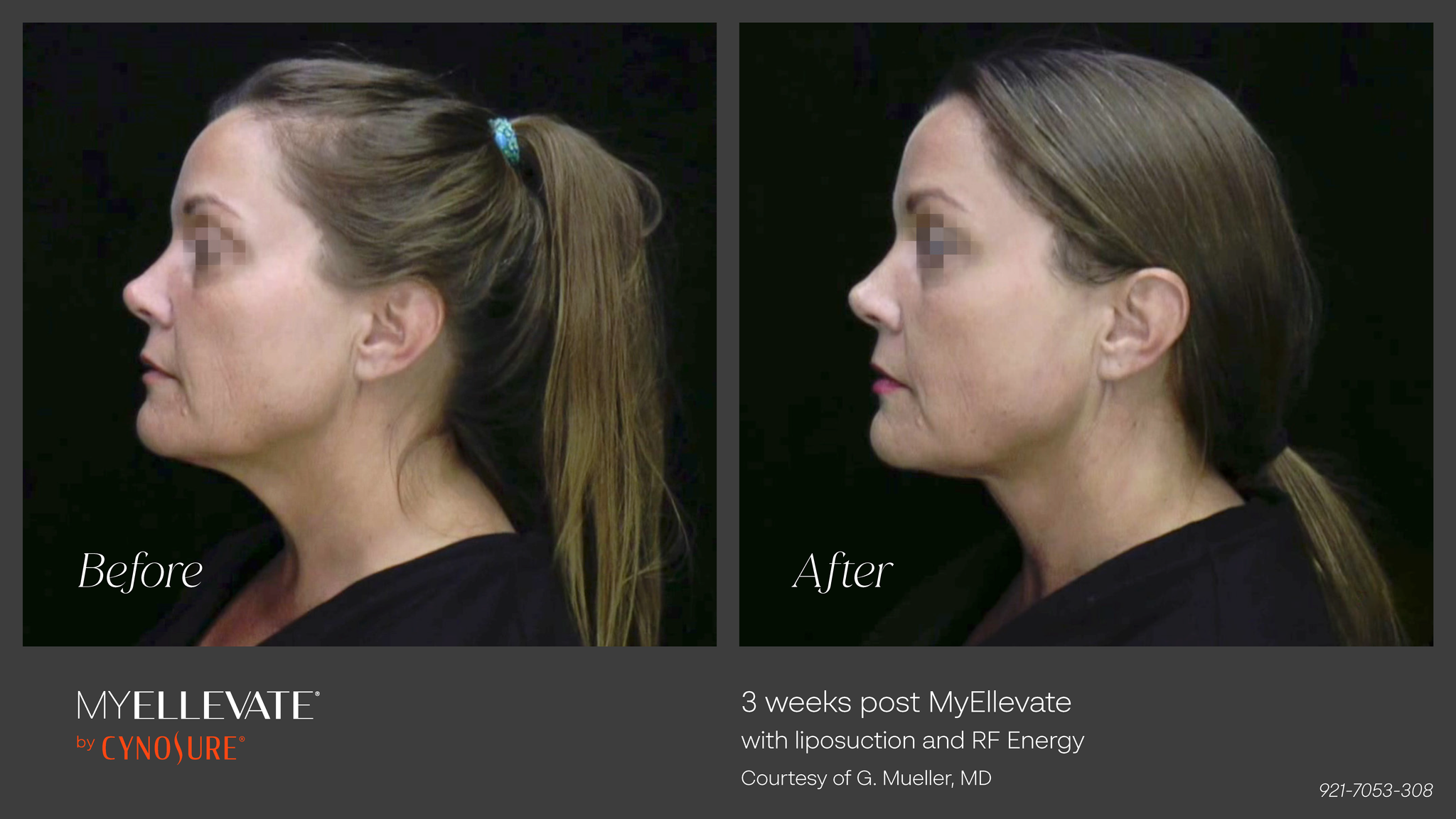Breast Enlargement or Augmentation is one of the most commonly performed cosmetic procedures in the UK. The Breast enlargement procedure is performed under General Anesthetic. This is performed by placing breast implants between the breast tissue and chest muscle or behind the chest muscle depending on the patient's expectation or the amount of breast tissue present. This can also be done by using the body's own fat cells from different parts of the body and transferring them to the breast. The Breast enlargement procedure is done to increase the fullness or size and improve the shape of their breasts and to enhance their overall appearance. Some women are naturally flat chested and want bigger breasts, while others lose volume from their breasts following pregnancy or weight loss.
Preparing for your Breast Enlargement Surgery
The majority of Breast Enlargement or Breast Augmentation require a general anesthetic. Your health is of prime importance and any cosmetic surgery should be postponed if you are unwell for any reason. It is important that if anything changes to your health that you make contact with us. You should ideally stop smoking 6 weeks prior to surgery and stop taking aspirin, anti-inflammatory drugs and herbal supplements before surgery. You may need preoperative tests prior to surgery, which we will arrange if required.
Post operative activities
- First week- minimal upper body activities
- After first week normal daily activities including driving but no excessive stretching of arms.
- 6 weeks onwards- all activities





